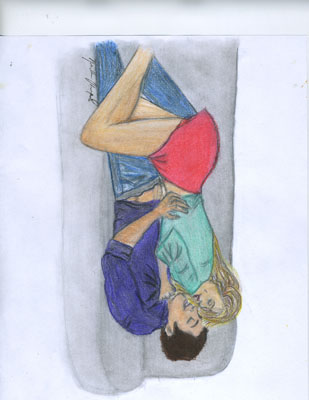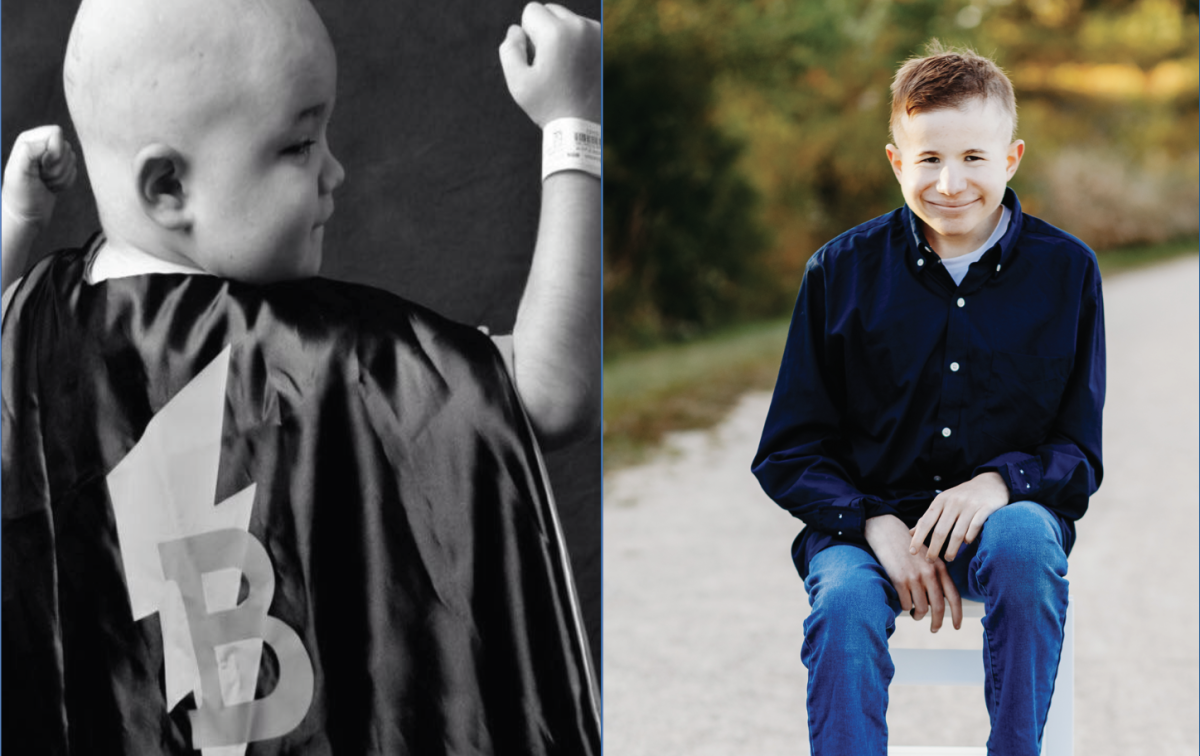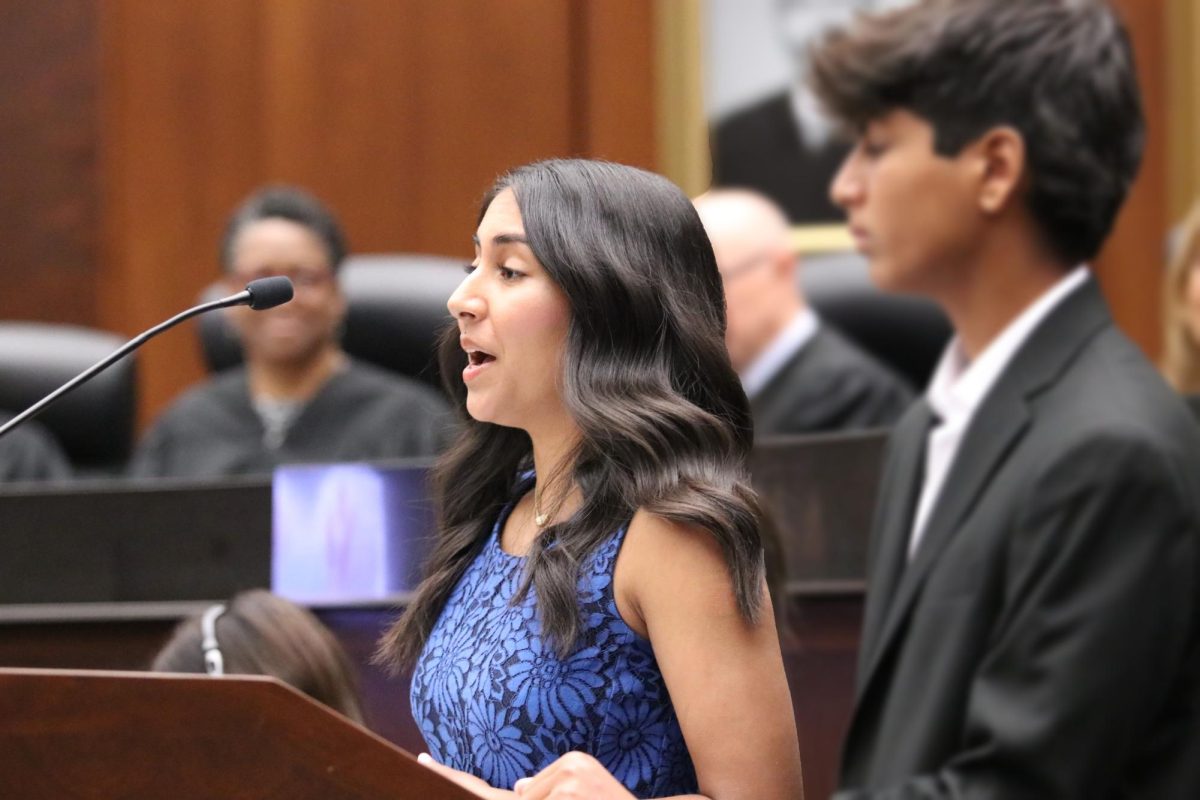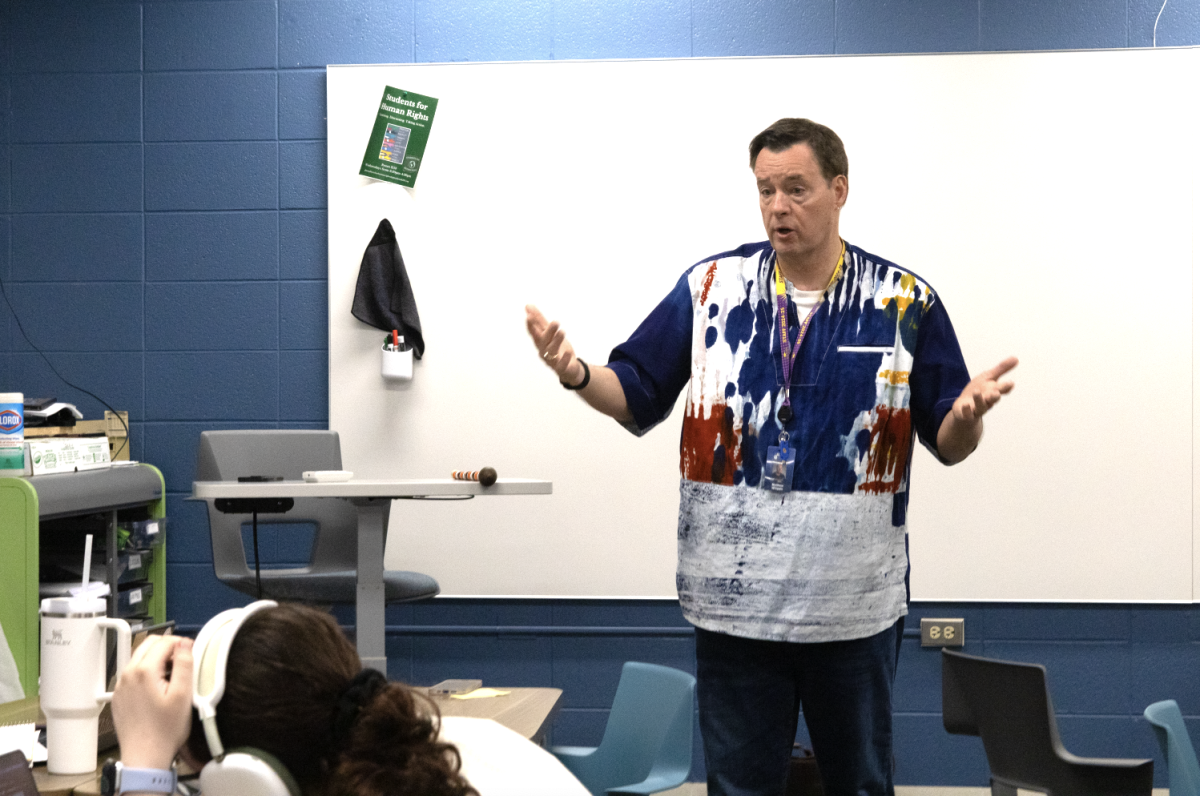Not exactly sure where she is, junior Alison Brook* hops out of her friend’s car and tugs her black purse behind her. Brook’s long blonde hair falls smoothly down her back as she and her friends make their way toward the front door.
Upon entering, Brook smiles at the unfamiliar faces, excited to meet new people. Loud music blares from speakers, and she and her friends are handed drinks as they confidently strut down the basement stairs.
Within an hour, Brook finds herself in a dark room with a boy she has just met. Emerging from the dark half an hour later, two bright purple hickeys stain the sides of her neck. She smiles and laughs and the party goes on.
“I went to the party […] knowing it would be fun to hookup with someone different,” Brook said. “Hooking up is nice because it’s a relationship without feeling, and I prefer that.”
Brook is not the only South student who has been a part of or has recognized this growing “hookup culture.” According to a non-scientific Oracle-conducted survey of 228 students, 90 percent believe that a hookup culture exists at South.
A hookup culture is a social construct that deems it acceptable to be sexually involved with people without committing to them, senior Shea Anthony said.
“It’s a term used to describe the fact that our generation generally prefers hooking up with each other instead of dating each other,” Anthony said. “You’re getting the physical part of a relationship without having to put forward any emotional investment.”
Anthony believes the presence of this hookup culture is an example of how much relationships have changed throughout the past few generations.
“Relationships are definitely different now because everything is so much more casual,” Anthony said. “I feel like with our parents’ generation, things were much more formal and chivalry was more heavily emphasized.”
David Hartman, school social worker, believes relationships have changed dramatically since he was a teenager; he attributes this shift largely to technology. Cell phones and social media have allowed this generation to do most things instantaneously, he said.
“I have distinct memories of being in my house with my three stinkin’ brothers and my sister […] and trying to make a phone call in high school to a girl, and there’s no privacy,” Hartman said. “The cordless phone doesn’t exist yet so I am stretching the cord around the corner and talking [as quietly as I can]. Nothing [was] instantaneous so hookups were not even really in our frame of reference.”
Hartman not only recalls how much more difficult it was to form relationships—let alone hookups—encounters were not a prominent part of teenage culture, he said.
“People just didn’t do it,” Hartman said. “We didn’t even think about it. It took so long just to get to that place. We gave each other our letter jackets and said, ‘We’re going steady.’ That was what you did, that is what everyone wanted to do. We didn’t want to have those [other relationships]. And it doesn’t mean that [these deeper relationships] are not happening now, they’re just not as prominent.”
Many South students agree with Hartman in that labeled relationships are not nearly as prominent as “things” or unlabeled relationships. Eighteen percent of those who were surveyed believe that the most prominent type of relationships at South are labeled and 64 percent believe that the majority of South students are involved in “things” rather than labeled relationships or no relationship at all.
Although many feel that a hookup culture is on the upward trend, history teacher Ben Hussmann believes that it has always existed and is just more prominent in today’s society. Hooking up has always been an aspect of teen culture, with the evolution of the portrayal of sex in the media—that enforces the belief that casual sexual encounters are acceptable—this culture isn’t necessarily larger, just more widely publicized, he said.
“I think in virtually every generation of the last several decades there has been a trend for people to have sexual relations of various types without being in a committed relationship,” Hussmann said. “I think many of us my age assume that it’s becoming much more frequent than it was when I was in high school or college.”
Although Hussmann believes that many people assume that casual hookups are on the upward trend, he is not so sure. It may not be that the frequency of relatively casual sexual encounters has changed, but that people and the media are just much more open about it, he said.
Hartman believes that although society has become more open about these types of relationships since he was a teenager, two contributing factors are still issues: drugs and alcohol. According to Hartman, these substances aren’t necessarily used more frequently in today’s society than past generations, but he believes that since the idea of casual sex has been so widely publicized, teenagers are much more willing to make the decision to be sexual while under the influence.
Eighty seven percent of those who were surveyed said that substance abuse contributes to casual sexual relations while 40 percent said it acceptable to have sex while under the influence with someone whom you do not have an emotional relationship with.
Anthony feels that there is an added dimension of substance abuse–particularly with alcohol–among teenagers. According to Anthony, this abuse has increased the number of hookups in comparison to more official relationships.
She is not alone. Junior Molly Grand* believes that this is because a hookup culture thrives in a party setting, but also feels that substance use is not an excuse for such decisions.
“I don’t think it is in any way okay to have sex with someone while under the influence,” Grand said. “You’re not even legally able to give consent while drunk, and you’re mind is in many different places while drunk. You don’t know whether sober you would really want what you’re doing.”
Junior Jack Elm*, however, disagrees with Grand.
“I personally think it’s okay for people to do that as long as it’s not [with] someone they’d regret,” Elm said.
Whether it’s a decision they would make sober or not, Hussmann still believes that the mere involvement of illicit substances makes the choice to hook up a poor one.
“I think like any decision one makes under the influence of drugs or alcohol, it’s a pretty reckless decision,” Hussmann said. “If one is using drugs or alcohol because it makes ‘hooking up’ easier, I think they really need to ask themselves the question ‘why?’ because if you can’t do the same behavior sober, why are you doing it?”
In addition to illicit substances perpetuating casual sexual encounters, many students noted that technology and the media has facilitated this hookup culture. Anthony believes that technology can lead to increased confusion regarding the kind of relationship one party may be seeking.
“Relationships today are a lot more connected than they used to be which is good and bad,” Anthony said. “It’s good because communication is easier and therefore you can talk to your significant other more frequently, but it’s also bad because […] you can’t always be sure what tone someone is trying to set when communicating over technology.”
Such miscommunication, as is common within a hookup culture, can lead to psychological consequences. According to Elm, one person in the relationship could want more than the other and the other could only want to be physical. Ultimately, this could lead to one person getting hurt, he said. Hartman’s experiences with students reflect this.
“If you don’t have the depth of relationship to support the intensity [of being sexual], you might really get hurt,” Hartman said.
Although Hartman believes these types of relationships can be detrimental, he also believes they have the potential to be beneficial.
“I think that we are naturally sexual human beings, and if two consenting people want to have a physical relationship, I don’t have a problem with that,” Hartman said. “I think the more you do that the more comfortable you will get understanding what you like and don’t like, and isn’t that sort of a positive thing?”
Sophomore Kelsey Garitty*, on the other hand, feels that these casual sexual encounters are entirely detrimental because she believes high school students need to experience a functional emotional relationship during adolescence in order to prepare them for more serious relationships as adults.
Ultimately, Hartman has recognized an increase in casual sexual relations among high school students; however, he does not believe this means that more serious relationships no longer exist.
“I don’t believe that because culturally you guys are more apt to do these kind of immediate […] reaching out [surface-oriented] relationships, that you don’t have those other primary [deeper] relationships, because those exist,” Hartman said.
*names have been changed








